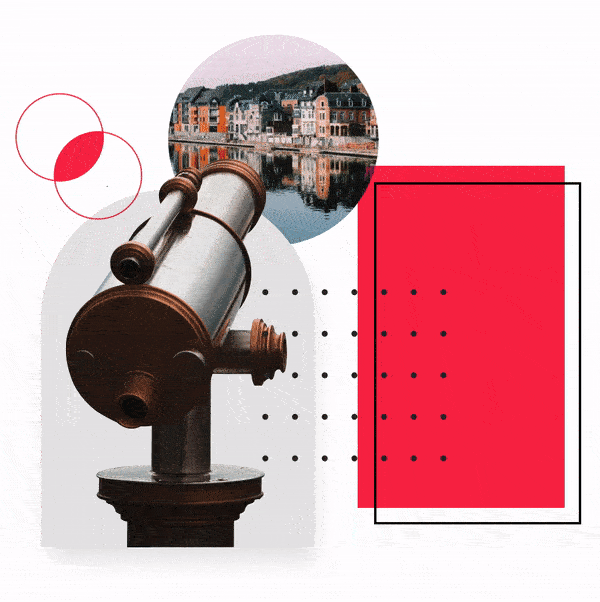
Istituto Italiano di Cultura
Locatie
Aankomende evenementen

Ervaar cultuur in heel Europa met Culturius
Evenementen in het verleden

Ervaar cultuur in heel Europa met Culturius

Locatie
Aankomende evenementen

Ervaar cultuur in heel Europa met Culturius
Evenementen in het verleden

Ervaar cultuur in heel Europa met Culturius